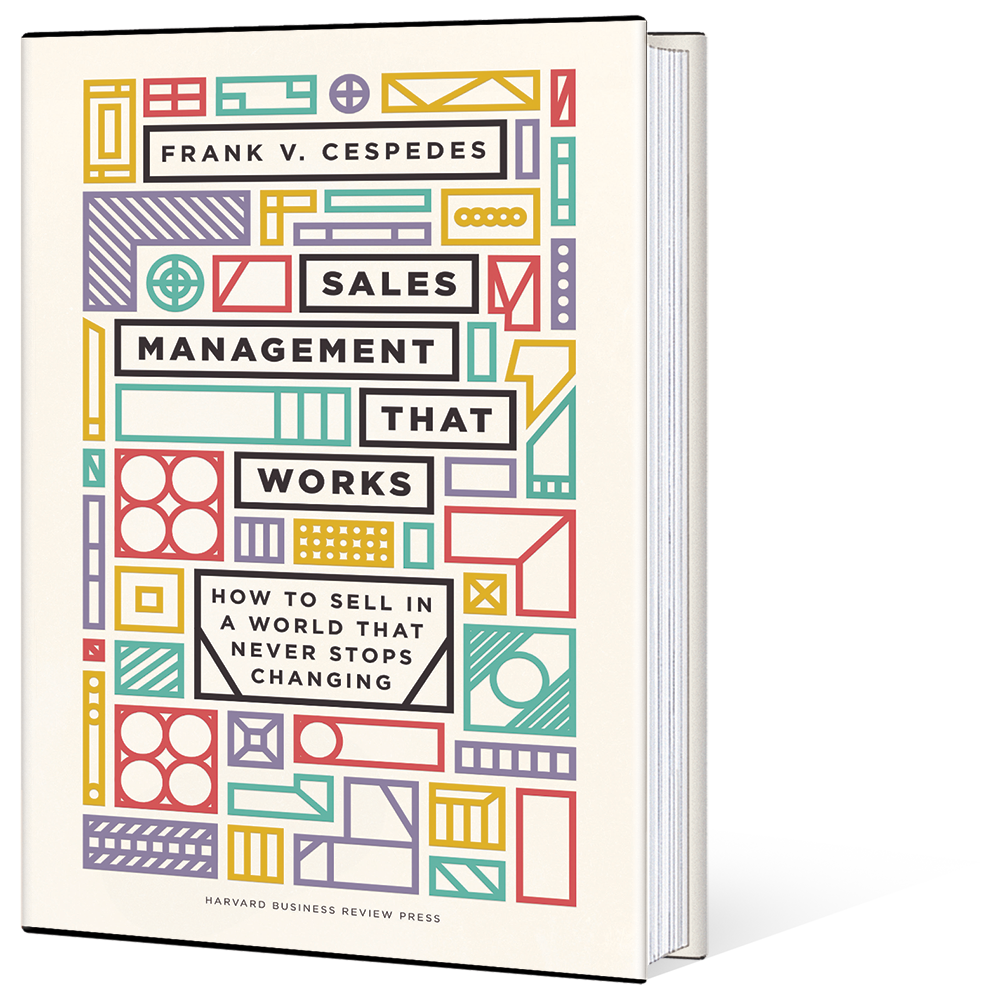Putting the right team on the field is crucial, especially in sales, where differences in individual performance are greater than in other functions. Studies in B2B contexts find that rep performance in similar territories often varies by 300 percent, while in retail stores selling productivity typically varies by a factor of three to four. In other words, there are salesstars in many firms.
But focusing on hiring only “the best,” as many firms say they do, is not the best approach, for multiple reasons. Given the time and management resources required, most firms just can’t afford to hire stars in all sales positions. When firms are polled about their recruiting criteria, over half say they look for “selling experience within the industry.” This means that you and your competitors shop first among each other’s stars. And research indicates that stardom is not easily portable, especially in sales. Sales tasks are determined by your strategy and target customers, and selling behaviors are heavily influenced by your control systems and culture. Those are firm-specific factors. When you hire a star, or when a competitor hires one from you, that salesperson leaves all of that behind.
The truth is, you’ll never have enough stars for all positions. In fact, you don’t want stars in all sales jobs. In any sales context, some activities exhibit high performance variability but little strategic impact. Others may be strategically important but exhibit little performance variability – because the tasks are standard, because your firm or industry has reduced variability, or because your business model simply limits the bandwidth of performance variance. Think about the difference between sales personnel at Nordstrom, where personalized service is key to strategy execution, versus Costco where low price and product availability make selling activities less complex and variable.


